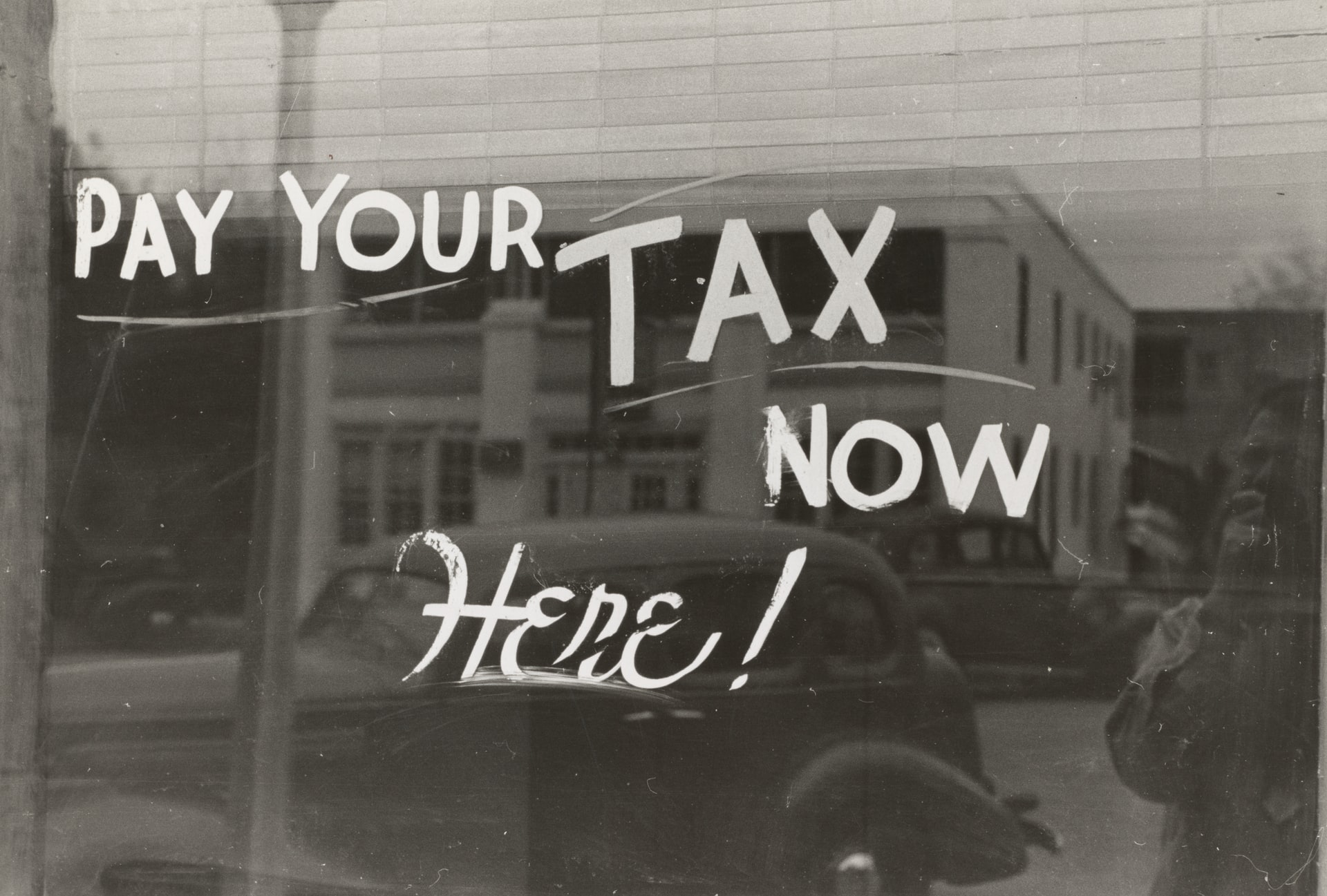Non-Profits and Automatic Revocation of Tax-Exempt Status for Failure to File Tax Return
Non-profit organizations must comply with many tax laws to maintain their tax-exempt status. One of the easiest compliance requirements which is sometimes overlooked is filing annual tax returns. If a non-profit fails to file a tax return for three consecutive years, the IRS automatically revokes its tax-exempt status.
Filing Requirement
All non-profit organizations are required to file annual income tax returns. The type of return required depends on the organization’s tax classification. Non-profits with annual gross receipts of less than $50,000 must file a Form 990-N on the IRS’s website (sometimes called a “postcard 990”). This is an online filing and can easily be done by the organization without the assistance of an attorney or accountant.
An organization with annual gross receipts greater than $50,000 must file a full Form 990. This is best prepared by a Certified Public Accountant.
All private foundations must file Form 990-PF.
Small Organizations Must Remain Vigilant to File Timely
An organization may request an extension of time to file their income tax returns. This allows an additional 6 months to prepare and file the appropriate tax return.
If an organization forgets or fails to file a return in one year, it can “catch up” in the following year by filing both years.
This is particularly the case for small organizations that must annually file the postcard Form 990-N. The due date for a 990-N is 4 months and 15 days after the organization’s year-end. If it fails to file by the due date, the IRS closes the system for that particular year and the organization must wait until the portal re-opens for filing in the following tax year. At that time, the organization can file the current 990-N, as well as up to 2 prior years that were not filed without losing tax-exempt status.
Failure to File for 3 Years Results in Automatic Revocation of Tax-Exempt Status
If any organization fails to file or request extension of time to file for 3 consecutive years, the IRS automatically revokes the organization’s tax-exempt status.
The result is that the organization will be taxed as a corporation (or as a trust if applicable) and be required to file a Form 1120 and pay tax at the corporate rate.
The organization will also appear on the IRS’s website as having lost its tax-exempt status.
In addition, donations to the organization are no longer tax-deductible to the donor. This can have a significant impact on fundraising efforts.
What to Do if Your Non-Profit’s Tax-Exempt Status is Automatically Revoked
The IRS provides information on how to reinstate tax-exempt status due to automatic revocation. The date of the organization’s reinstatement as tax-exempt may be retroactive to the creation date OR to the date of revocation notice. This is critical to note because reinstatement to the date of creation provides tax-exempt status, including tax-deductible donations, for the non-compliant three years. By comparison, reinstatement to the date of the revocation notice will result in the organization loses tax-exempt status for the non-compliant three years and any donations made in that time will not be tax-deductible to the donor.
The IRS provides a “Streamlined” reinstatement process for organizations that were eligible to file a Form 990-EZ or 990-N for the three years that they failed to file a return (and which caused the revocation). Organizations that were required to file a Form 990 or 990-PF are not eligible for a streamlined process and must provide additional information.
Don’t Delay in Taking Action if your Non-Profit Organization Loses its Tax-Exempt Status
It is very important for a non-profit organization to timely file its tax returns. If its tax-exempt status is automatically revoked due to failure to file for three years, it must act promptly to obtain reinstatement.
Depending on the complexity of your non-profit organization, it may require representation by an attorney and tax preparation by an accountant.
If your organization has received notice of automatic revocation of tax-exempt status, do not hesitate to contact our Firm. We have years of experience assisting non-profits in tax and corporate governance and compliance.





